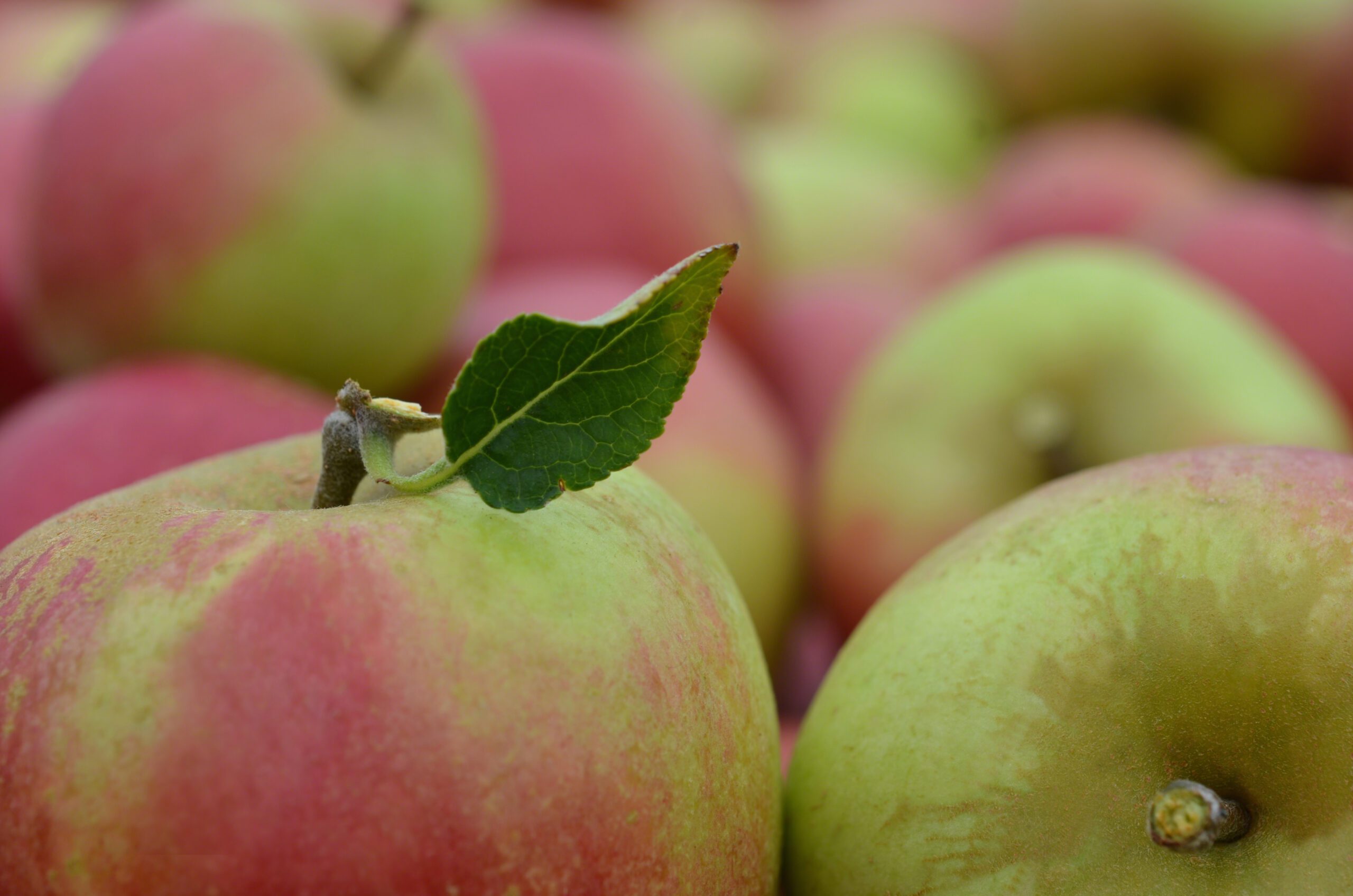It may be cold and grey outside but that doesn’t mean our diet needs to be! Let this New Year be the year that you nurture and grow a healthy relationship with food. Often in the New Year we make radical promises that lead to short term weight loss which is neither sustainable nor healthy. Forget about focusing on particular foods and instead endeavor to reflect on you current eating routines and look towards creating a healthier and happier relationship with food!
First, create a list of your eating habits, your digestive habits, sleep and exercise. Do you notice that you often skip breakfast, or eat late at night or eat lunch so quickly you almost don’t taste your food? Do you feel your digestion is sluggish or you are always tired? Reflect on whether you find yourself eating because you are tired, bored or stressed? Highlight the habits on your list that may be leading you to over or under eat. Some common less healthy eating habits include eating too fast, eating while doing something else therefore eating mindlessly and skipping meals or eating something because you think that you should even though you dislike it!
Pick a couple of the habits that you’d like to work on. You could try spending 20 minutes over your mealtimes, work on chewing your food slowly, avoid distractions during mealtimes and commit to sharing a meal with a friend once a week. Review your progress and see how you notice you feel better. You may notice fewer digestive issues such as eating slower, find you have more energy since having breakfast or start to enjoy cooking more?
Some habits than can be really beneficial for us can be to include more plant foods per week. This can include vegetables and fruits but also grains, nuts, seeds, beans and legumes. Research has shown that those who include 30 or more plant foods each week in their diets have a much more varied gut microbiota which is associated with better health. To keep gut bacteria thriving, you need to feed them. Include some colourful fruit or vegetables at every meal, add a spoon of seeds to your breakfast, include some beans or lentils in your family stew and why not snack on some nuts?
Some foods naturally contain good bacteria called probiotics. Kefir, kombucha, miso, sauerkraut, tempeh and yogurt all naturally contain probiotics which can help increase the ‘good’ bacteria in your gut. Probiotics can enhance your immune system, help with weight management, lower cholesterol, and keep your digestion healthy. Prebiotics are types of fibers found in plant foods that we cannot digest but they move into our large gut and feed our gut bacteria. Prebiotics are found in everyday foods like onion, garlic, leeks, cabbage, bananas, apples, pears, asparagus, barley, chickpeas, kidneys beans, pistachios, cashew nuts and more. Research shows that these prebiotics can help reduce inflammation in the gut, help blood sugar control, help us absorb certain nutrients and may reduce the risk of certain cancers.
And don’t forget to make time to eat! Digestion starts in the mouth and chewing your food well is an important part. Drinking or eating too quickly increases the amount of air a person swallows, which can lead to more gas building up in the gastrointestinal tract. For some, this can result in bloating. Take about 20 minutes to relax and enjoy your meal. Savour your mouthfuls and you’ll find that not only do you enjoy the meal but your tummy will too!



